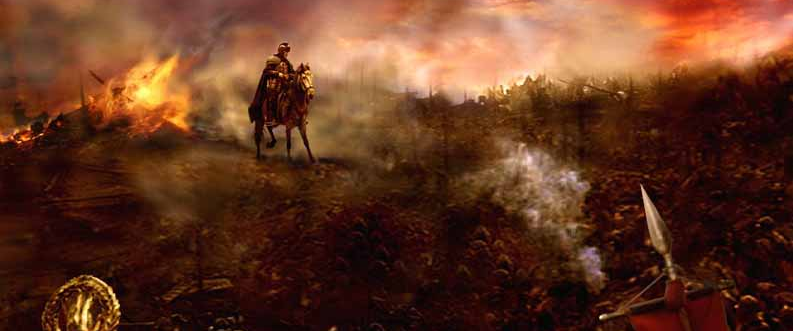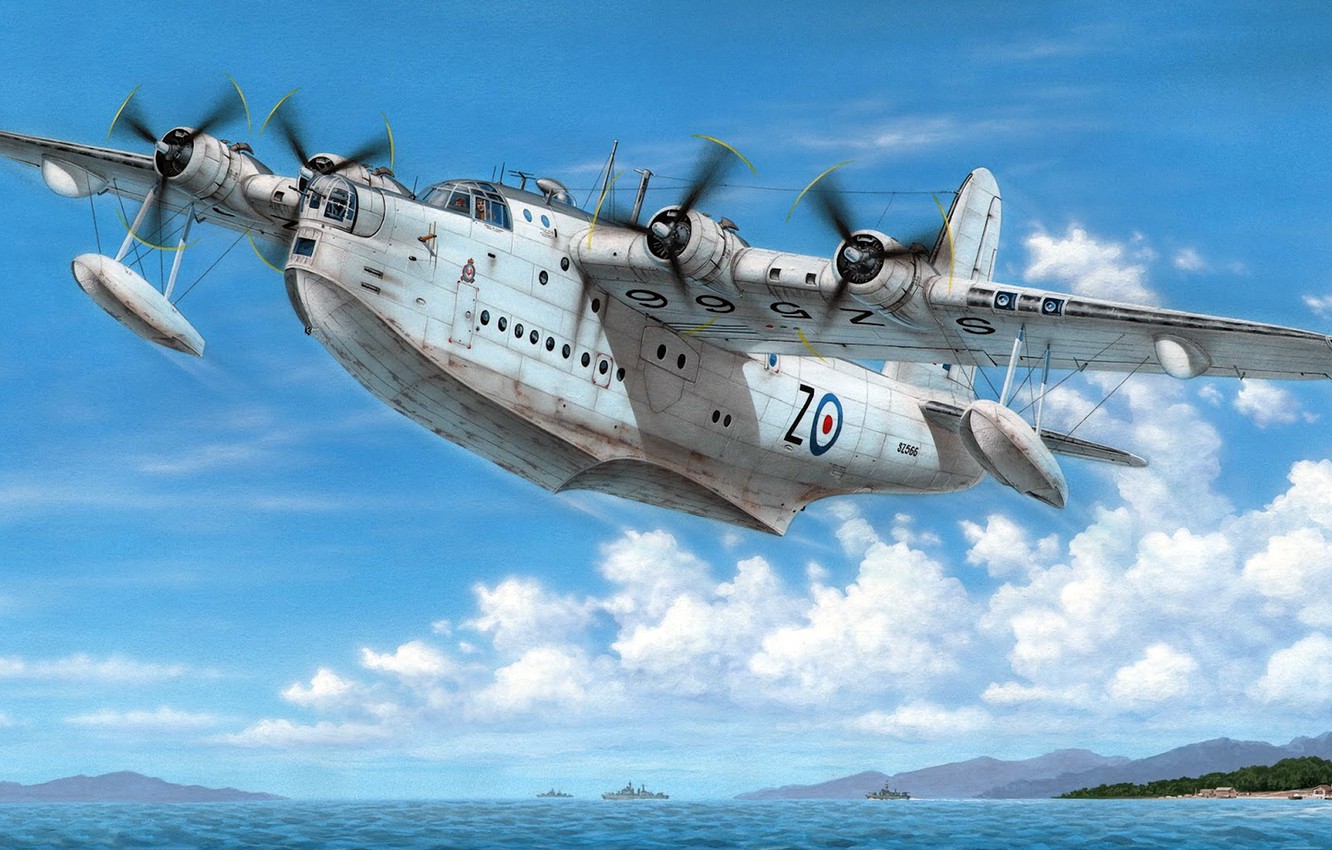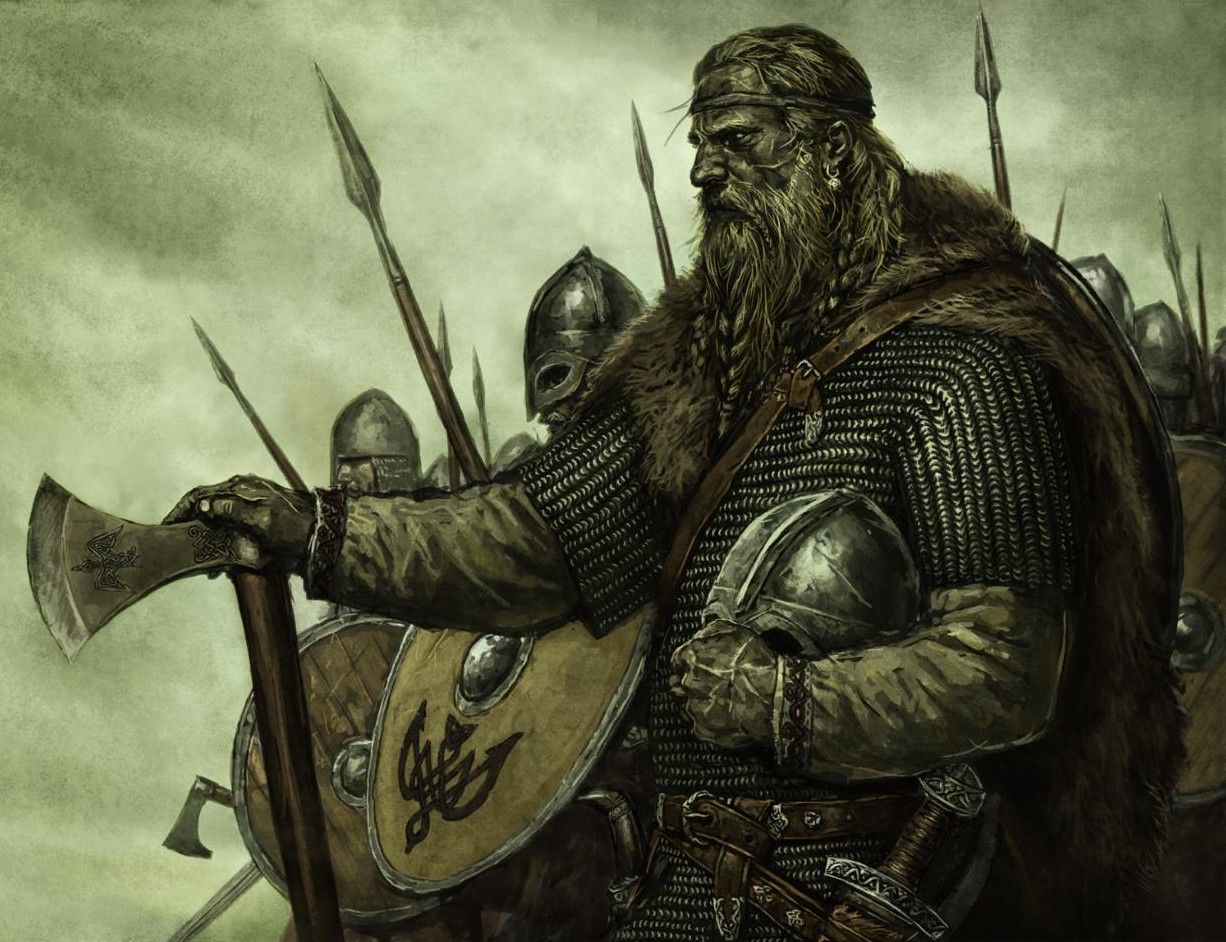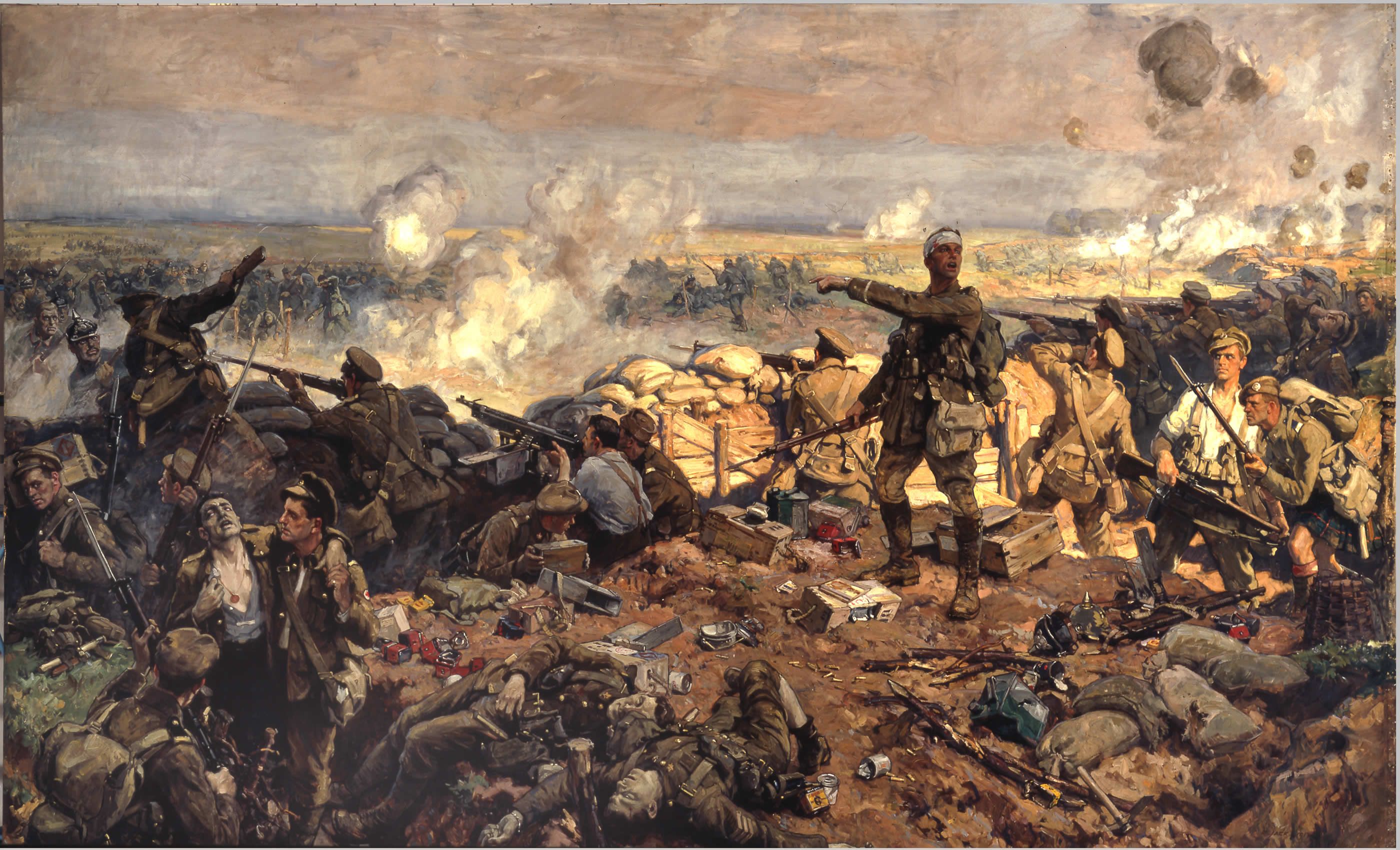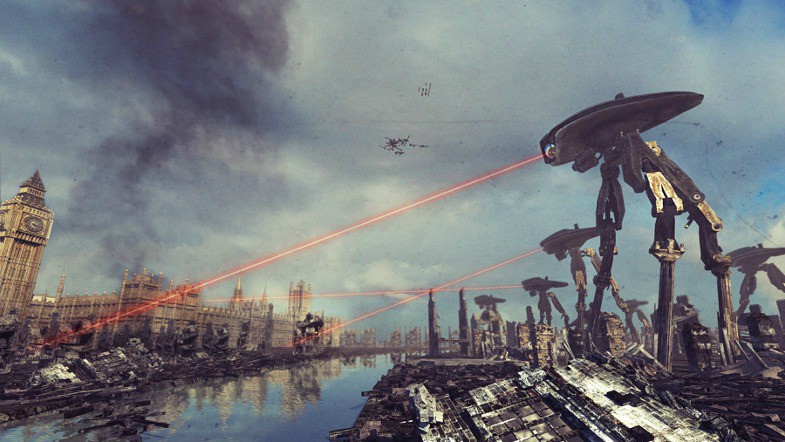Why And How World War II Began
Over the course of six years, from 1 September 1939 to 2 September 1945, upwards of 80 million men and women were killed as total war erupted between the Axis and Allied Powers, obliterating much of Europe, Asia and the Pacific, and bankrupting many of the most powerful regimes on Earth.
Characterised by countless massacres, the Holocaust, civilian bombing, famine and nuclear weapons, the war helped shape international legislation that would dictate the future of global politics. It led to the formation of the United Nations but also plunged the US and USSR into a decades-long Cold War.







